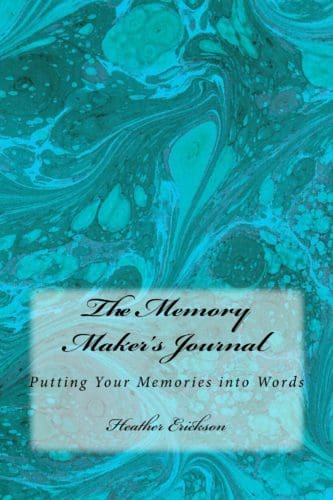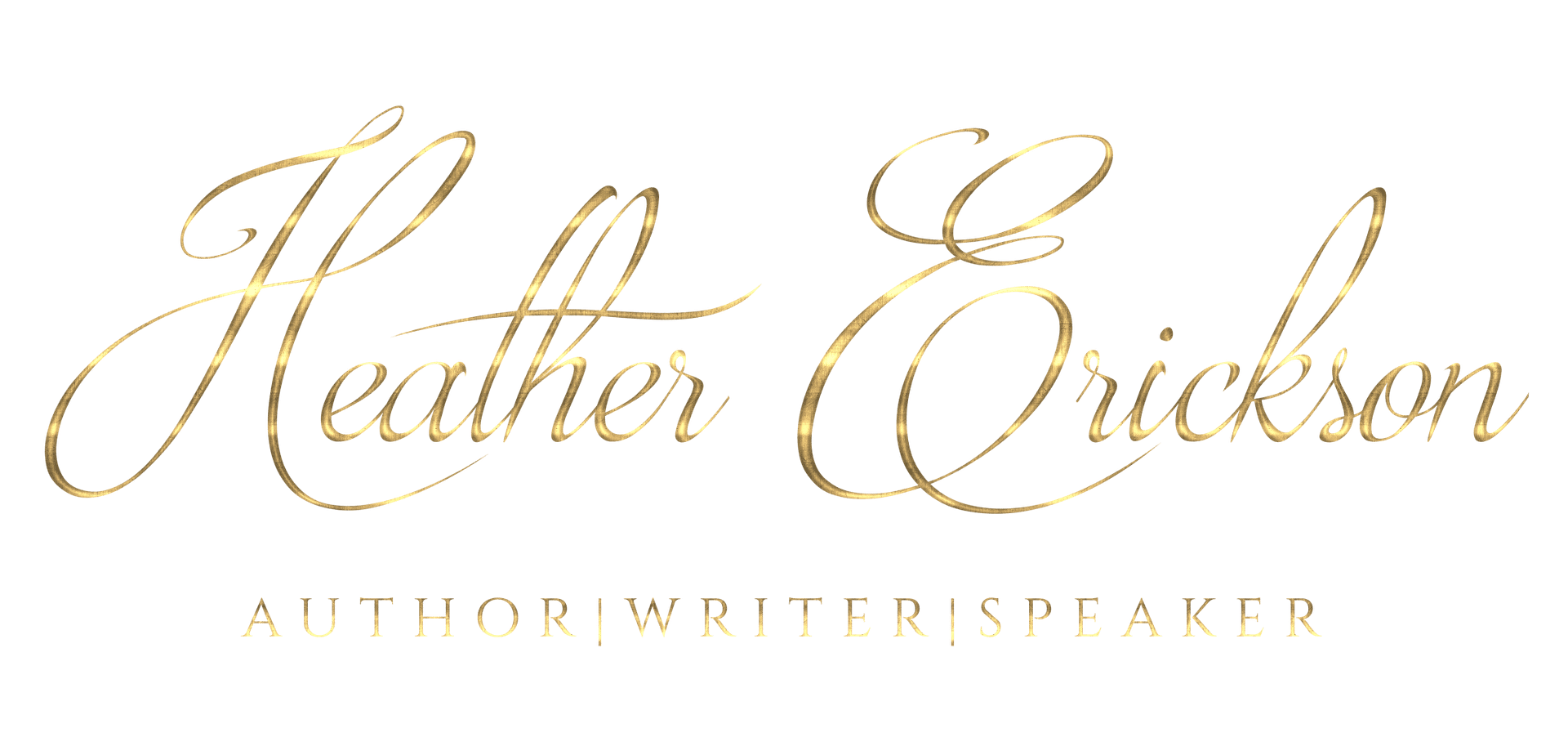
The Memory Maker’s Journal
Do you have a memory maker’s heart?
Several years ago, Bruce Feiler wrote an article called, “The Stories that Bind Us.” He talked about the theory that children handle great upheavals in life far better if they know the narrative of their family, those stories you hear from your parents and grandparents about the good old days (and the not-so-good old days).
This got me thinking about whether or not our children would know the narrative of our family.
20 Questions
Marshall P. Duke, one of the psychologists that Feiler spoke of in his article, formulated a theory on the importance of the family narrative. Duke wrote a piece in the Huffington post, further explaining the theory. He also shared 20 sample questions he developed as part of a way to see how well you and your loved ones know your family history.
Sometimes, you can know someone your whole life and still learn new things about them. But once they are gone, You can no longer access their stories, ideas, and experiences. This is what inspired me to write the Memory Maker’s Journal.
Why is sharing your story so important?
It reaffirms your values for you and for others.
It’s a way to leave a lasting legacy. the generations that follow you will never have to guess about what you believed. More importantly, by sharing your stories, you can give them the context for why you believe it.
It connects the past to the present and the future.
One of the questions that Summer asked Dan was, “What would you say to the man who one day wants to marry me?” He wouldn’t be there to walk her down the aisle or give them fatherly advice. She wanted it all recorded. The answers to questions like these don’t take the hurt of loss away. But they do fill in some gaps.
It shows how you can overcome the difficult parts of our history
Each of us has a unique history of being an overcomer. Everyone has gone through something difficult. By sharing that experience, you can use your mistakes and the painful lessons that you have learned from them to pain to teach someone else—especially the next generation. To do this well takes transparency and honesty. That is often easier in the form of a journal.
How to tell your own story
Sometimes it can be difficult for people to record their stories. They may be talkers more than writers. One gentleman I knew would ask his mom questions, and then later write down the stories she told him. Our daughter, Summer, recorded my husband Dan, answering questions on video.
Telling your story at this time in history can take many forms. We have at our fingertips unlimited resources that could never have been imagined a few generations ago. You can video yourself telling stories, record yourself using something as simple as your telephone, or you can write your story down. I recommend a combination of these.
How to help a family member tell their story
Ask if you can participate in the discussion. If you are trying to learn your family narrative from a parent or grandparent, see if they will let you ask them some questions, (like an interview). A good reporter will respond to the interviewee, drawing more details of the story out, looking for those golden nuggets.
Get the Memory Maker’s Journal!
The Memory Maker’s Journal is available on Amazon in red and turquoise. Choose the cover that you like the best!

You must be logged in to post a comment.